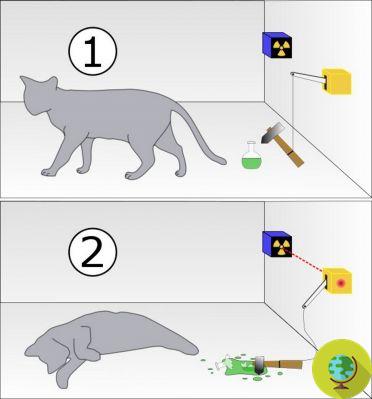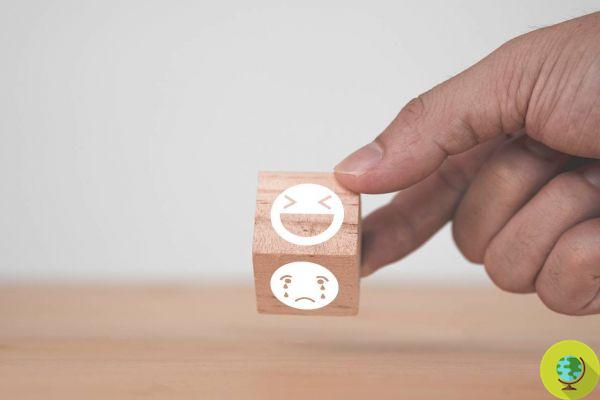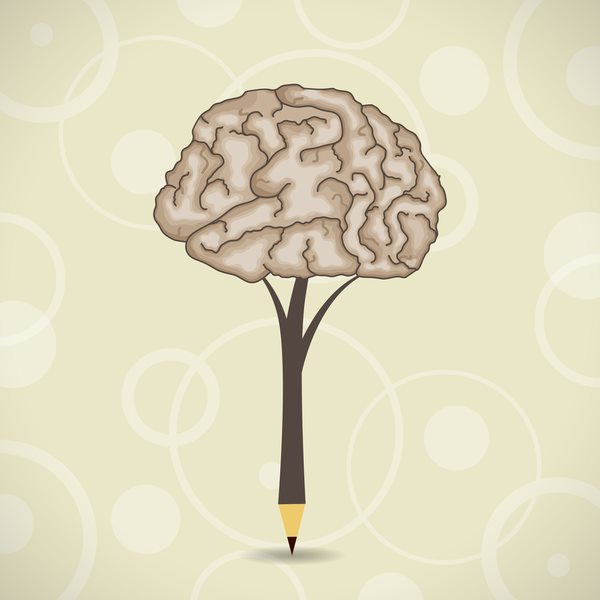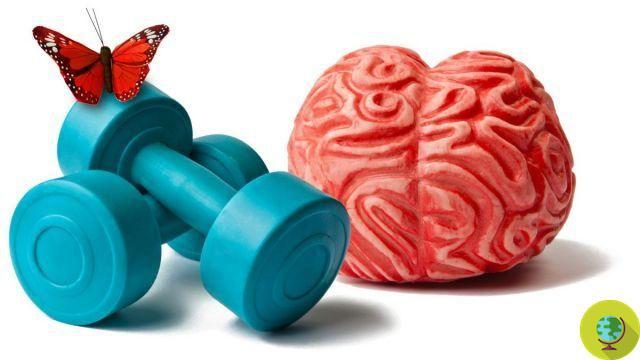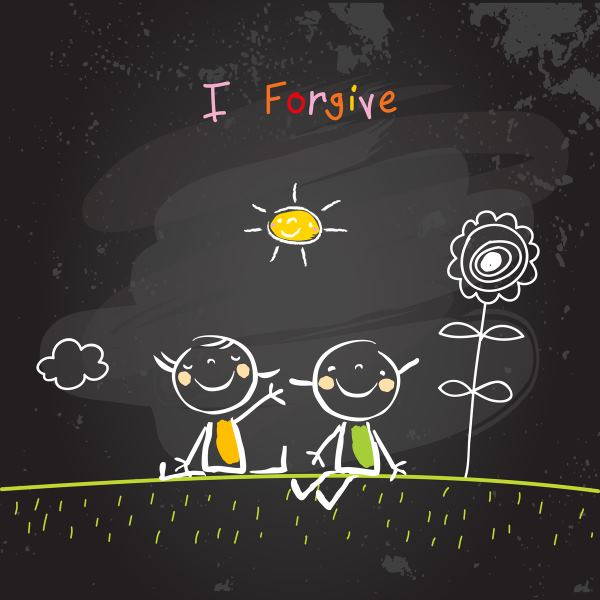
According to a study, 50% of a person's happiness is determined by their genetic makeup, the rest depends on the surrounding environment
Don't store avocado like this: it's dangerousAccording to a study, 50% of a person's happiness is determined by their genetic makeup, the rest depends on the surrounding environment
The self-help industry is booming, fueled by search on positive psychology; at the same time, however, the rates of anxiety, trough e self harm continue to rise around the world. So are we doomed to be miserable despite advances in psychology?
According to an article published in Review of General Psychology in 2005, 50% of people's happiness is determined by their genes, 10% depends on their circumstances and 40% by '"intentional activity ", that is, whether you are a positive person or not. These data are based on assumptions about genetics, which have been discredited; in fact, for decades, behavioral genetics researchers have conducted studies with twins and determined that 40% to 50% of the variations in their happiness were explained by genetics.
Behavioral geneticists use a statistical technique to estimate genetic and environmental components based on people's family relationship, hence the use of twins in their studies. But these figures assumed that both twins experienced the same environment, a hypothesis that doesn't really hold. In response to these criticisms, the same authors wrote a more recent article that acknowledged the interactions between genetics and the environment.
Nature and culture
Nature and culture are not independent of each other; on the contrary, molecular genetics, the study of the structure and function of genes at the molecular level, shows that they constantly influence each other. THE genes influence behavior, which helps people choose their environment: for example, the extroversion passed on from parents to children helps children build their friendship groups.
Likewise, the environment changes gene expression; for example, when expectant mothers were exposed to famine, their babies' genes changed accordingly, with chemical changes that suppressed the production of a growth factor. This has resulted in the birth of younger children than usual and with certain conditions, such as cardiovascular disease.
Nature and culture are interdependent and they influence each other constantly. This is why two people raised in the same environment may respond differently, which means that the behavioral genetics hypothesis of an equal environment is no longer valid. Furthermore, whether or not people can become happier depends on their "environmental sensitivity“, By their ability to change. What does it mean? Some people are sensitive to their environment, and therefore can significantly change their thoughts, feelings and behaviors in response to both negative and positive events.
So, are we bound to be miserable? Some people may struggle a little harder to improve their well-being than others, and this struggle could mean they will continue to be unhappy for longer periods; and in extreme cases, they may never experience high levels of happiness.
Others, however, who have more genetic plasticity, that is, they are more sensitive to the environment and therefore have a greater capacity for change, they may be able to improve their well-being and, perhaps, even thrive if they adopt a healthy lifestyle and choose to live and work in an environment that enhances it happiness and the ability to grow.
But genetics does not determine who we are, even though it plays a significant role in our well-being. What matters are also the choices we make about where we live, who we live with and how we live our lives, all of these factors affect both our happiness and that of the next generations.
Follow us on Telegram | Instagram | Facebook | TikTok | Youtube
Photos: The Conversation
Could it be interesting for you:
- Toxic Positivity: When wanting to be happy at all costs leads us to unhappiness
- Researchers discover the secret of happiness in these two very simple things you should do every day
- If you recognize yourself in more than half of these 10 signs, perhaps you have truly found the key to happiness
- Because money doesn't really bring happiness. The Easterlin paradox





